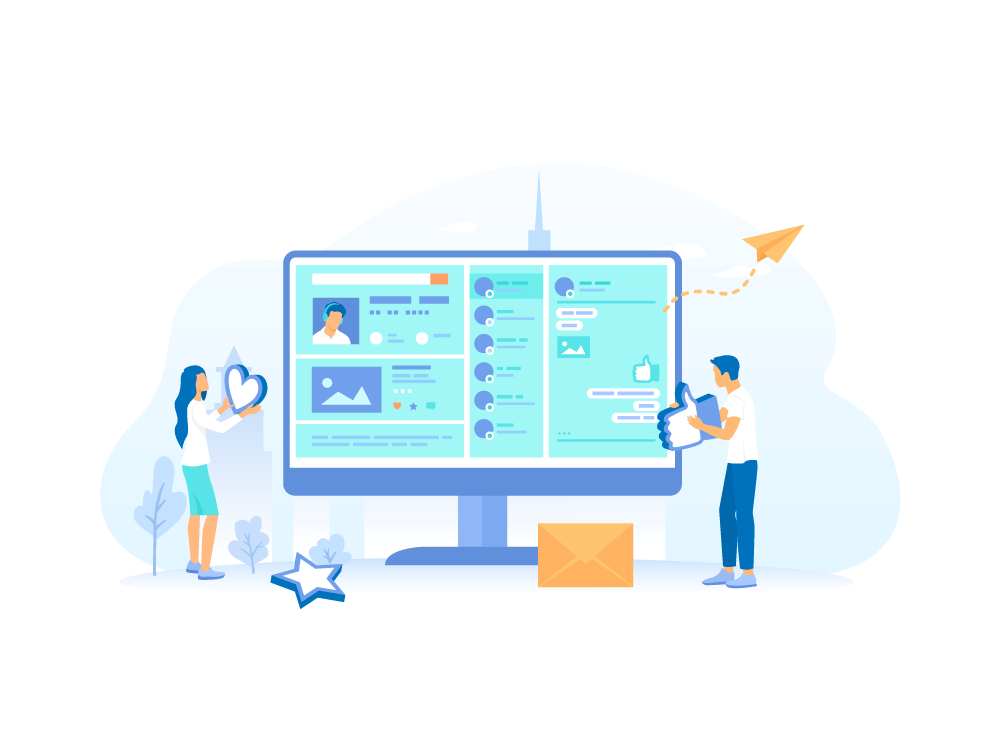A recent AACP webinar explored tools and tips for virtual networking as well as what to expect when in-person interactions resume.
By Emily Jacobs
Although networking has changed significantly during the COVID-19 pandemic, it remains vital at every career stage. From first-year students to top-ranking experts, networking allows individuals to share knowledge, gain experience and make connections that can lead to new professional opportunities. “Networking always comes up as the one thing you should do when it comes to career journeys and adventures,” said Dr. Roshni Rao, director of PHutures, a new office for professional development at Johns Hopkins University. “But the word ‘networking’ can rack up mixed emotions.”
The term often implies “working the room” to interact with as many people as possible. This can be unappealing and even inauthentic for shy or introverted individuals. Inexperienced students may be uncertain how to start networking. For busy professionals, networking can seem like a burden on their time. Less technically savvy individuals may be uncomfortable with expanding virtual networking options.
A person’s feelings about networking may be based on perception, but they also may come from real experiences. In a recent AACP webinar, Rao discussed how to use networking in a more authentic, helpful way. The first step for effective networking, she said, is to reframe any incorrect or unhelpful beliefs a person may have. For example, rather than worrying about meeting a lot of people, focus on building a few relationships at a time. Busy students or professionals can dedicate as much or as little time to networking as they want. Introverted individuals can choose networking methods that suit their individual preferences.
Online platforms offer possibly the most flexible networking environment. Users can easily interact with people one-on-one, with fewer distractions. Professionals can send or respond to messages at their leisure. Social media profiles can be updated with information that portrays an individual in a professional yet authentic way.
Social Media Options
As networking has moved almost exclusively online during the COVID-19 pandemic, social media has become more important than ever for making professional connections and participating in industry conversations. “These platforms aren’t going anywhere,” Rao said. The number of social media options can be overwhelming. Rather than trying to juggle multiple profiles on Twitter, LinkedIn, Clubhouse and TikTok, individuals might want to choose a single platform that “matches [their] professional and personal values,” she advised. A person’s profile image and content should also create a persona that matches the “professional story” the individual wants to tell.

